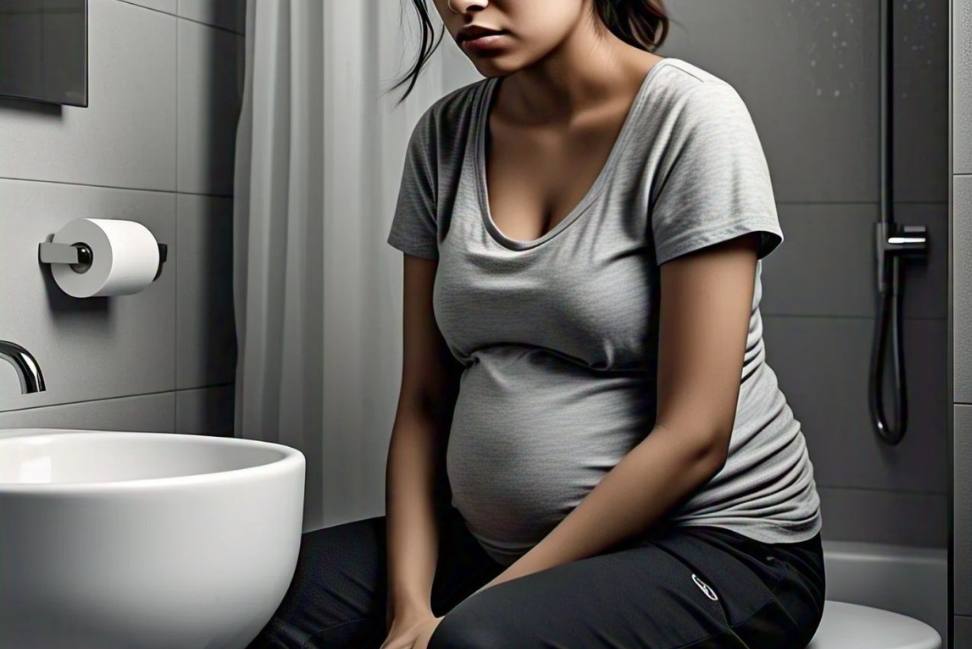Constipation is a common and often frustrating issue, especially during pregnancy. It happens when your digestive system slows down, causing stools to become hard, dry, and difficult to pass. While nearly everyone experiences occasional constipation, it becomes even more likely when you're pregnant due to hormonal changes, dietary shifts, and the physical pressure of a growing baby.
When Does Constipation in Pregnancy Begin?
While constipation in pregnancy can occur at any time, it tends to be most common in the third trimester when the baby is the largest and puts more pressure on the intestines. Some women may even continue to experience it for a few months postpartum.
What Causes Constipation in Pregnancy?
Several factors contribute to constipation in pregnancy, including:
- Hormonal Changes – Pregnancy increases progesterone levels, which relax the muscles in the intestines. This slows digestion, allowing more time for nutrients and water to be absorbed. However, the longer waste stays in the intestines, the drier and harder it becomes, making it difficult to pass.
- Growing Baby – As the fetus develops, the uterus expands and puts pressure on the intestines, slowing down bowel movements.
- Prenatal Vitamins – Many prenatal vitamins contain iron, which is essential for increasing blood supply during pregnancy. However, excess iron can make stools harder and more difficult to pass, especially if you're not drinking enough water.
- Diet and Lifestyle – A lack of fiber, not drinking enough water, and reduced physical activity can all contribute to constipation in pregnancy. Many pregnant women experience changes in appetite or exercise habits, which can make digestion sluggish.
Signs That You’re Constipated
If you're struggling with constipation, you may notice:
- Infrequent bowel movements – You may only go a few times a week instead of daily.
- Difficulty passing stools – Stools may be hard, dry, or lumpy, making them painful to pass.
- Bloating and gas – You may feel uncomfortably full or experience cramping.
- Straining – You might find yourself pushing hard to have a bowel movement.
- Worsened hemorrhoids – Straining can increase the risk of hemorrhoids or anal fissures, both of which are common during pregnancy.
While constipation in pregnancy is normal, staying hydrated, eating fiber-rich foods, and staying active can help keep things moving. If the problem persists or becomes severe, you may consult Sanctuary Wellness for additional support.
Homeopathy Remedies for Constipation in Pregnancy
Homeopathy takes a holistic approach to treating constipation during pregnancy, just as it does for other conditions. The goal is to understand the unique way each patient experiences the condition and choose a personalised remedy. For instance, one patient who is generally thirstless and prefers cold drinks will need a different remedy than another patient who is a workaholic, often irritable, and feels better with warm drinks. Even though both women experience constipation, their remedies will differ based on their unique characteristics.
In addition to a carefully chosen remedy, I recommend that my patients make lifestyle adjustments. These include eating regular meals, staying hydrated, and ensuring their diet contains enough fiber. I also encourage them to exercise at an intensity that suits their individual needs. These simple changes can have a significant impact on long-term health and overall well-being.





